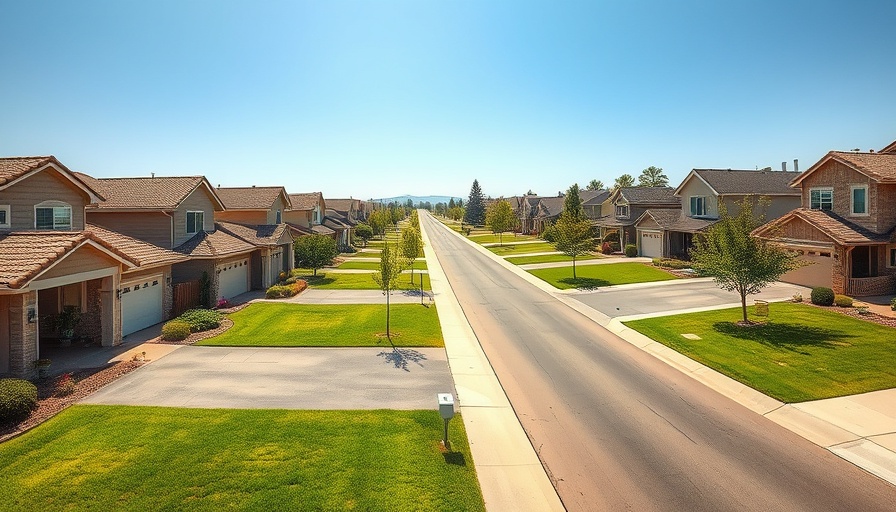
Understanding the Recent Rejection of Insurance Relief Bills in Louisiana
In a recent legislative session, Louisiana lawmakers made headlines by rejecting a series of insurance bills that aimed to provide direct relief for homeowners across the state. This decision has raised concerns among residents who are still grappling with the financial aftermath of recent hurricanes and other natural disasters. With rising insurance costs heavily impacting the community, especially among African-American families, the implications of this rejection are profound.
A Deeper Look into the Insurance Crisis
After Hurricane Katrina, Louisiana saw a significant increase in homeowners' insurance rates, effectively making it difficult for residents to protect their properties. These challenges haven’t disappeared. Communities, particularly in New Orleans, are still feeling the strain of high premiums and limited coverage options. The proposed bills were designed to address these pressing issues by carving out funds to support homeowners directly. The rejection leaves many questioning: what is the next step for those who rely on these legislative measures for stability?
Why This Matters to the African-American Community
The African-American community, notably in New Orleans, has historically faced barriers in accessing fair insurance coverage. This community relies heavily on legislative support to protect their property and invest in their neighborhoods. The recent legislative outcome signifies a missed opportunity for progress, potentially exacerbating existing issues related to housing insecurity and financial strain.
Potential Alternatives and New Directions
As lawmakers step back and reassess the current landscape of homeowners' insurance in Louisiana, there are numerous alternative strategies that communities can pursue. Engaging local businesses in support initiatives, advocating for community-led insurance programs, and mobilizing for better funding through nonprofit organizations could collectively provide new avenues for assistance. Collaboration brings out the best in community resilience.
The Bigger Picture: What Could Have Been
Looking ahead, reflecting on the bills that were rejected prompts questions about prioritizing constituents' needs. Would these relief measures have inspired a change in the insurance industry? According to local advocates, effective legislation could start a ripple effect that fosters community rebuilding and enhances recovery efforts from past disasters.
The Call to Action: Community Engagement is Crucial
As more decisions are made within the state legislature affecting homeowners, it’s crucial for community members to remain engaged and vocal about their needs. This not only involves attending town hall meetings and expressing concerns but also considering local elections and advocating for candidates focused on social justice and equitable insurance policies. Community forums and discussions provide an opportunity for residents to express their thoughts, collectively strategizing on paths forward.
It’s essential for every member of the community to contribute to this dialogue. Stay informed with local publications like The Louisiana Weekly, where updates on community issues, African-American politics in Louisiana, and broader social justice themes are regularly discussed. Participating in the conversation amplifies voices and can steer the narrative towards meaningful action.
 Add Row
Add Row  Add
Add 



Write A Comment